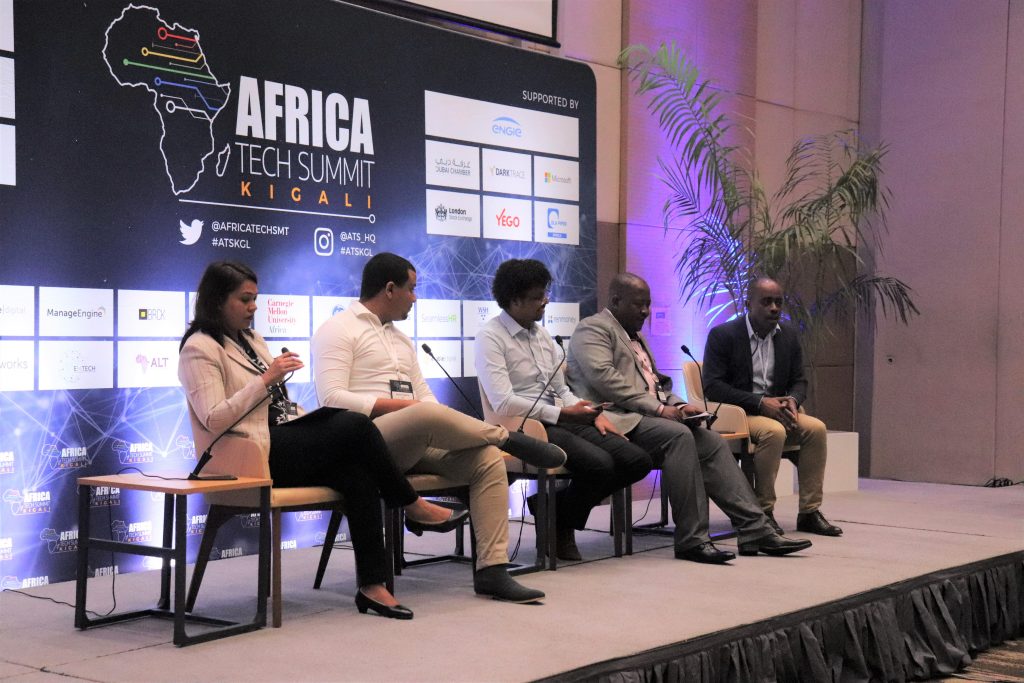
Africa’s Indian Ocean islands are about way more than just tourism. In a panel discussion at this year’s Africa Tech Summit in Kigali, representatives from Comoros Islands, Seychelles and Mauritius met to discuss the future of Indian Ocean tech. Read below for a profile on each country’s path toward ICT development.

Comoros Islands
At last year’s “Comoros Development Conference” in Paris, a delegation including President Azali Assoumani raised $4.2 billion in funding to help the island(s) nation reach the status of an “emerging country” by 2053.
While money is still available, Comoros is still in need of tech-based projects and solutions. The nation has targeted Global warming management, geology, and agriculture as areas for tech development. Major progress has also been made toward the establishment of a vibrant fintech industry, including the establishment of a stable 4G and 4.5G network in 2017.
Last on Comoros’ list is to become a supplier in digital infrastructure. In an effort to put the island nation on the right path, the government has enacted a digital strategy, with the backing of major players in tech like Huawei and launched its first tech hub in partnership with the World Bank.
Resources:
Mauritius
This year, Mauritius was ranked thirteenth in the World Bank’s “Doing Business Report”, up from twentieth in 2019. Much of the country’s current success can be attributed to a “conducive business environment to attract global business, strong political and social stability, attractive fiscal incentive with no tax on capital gains and dividends, official legal framework, low bureaucracy” according to panelist Maya Leeah from the Mauritius Development Board.
In 2018, Mauritius’ ICT sector contributed to around 5.7% of its GDP. The country continues to develop its ICT related industries such as knowledge process outsourcing, data centers, and mobile application development. These industries are supported by the country’s two ICT cables and will be furthered by the two more that are on the way.
The government has also implemented new measures to incentivize foreign direct investment in the ICT sector.
Through the Mauritius economic development board, the country has amended the “Data Protection Act of 2004” to comply with the General Data Protection Regulation (GDPR), waived the 40,000 USD capital outlay requirement for Start-Ups in an accredited incubator, promulgated a regulatory sandbox license for innovative project without legal frameworks, developed a national incubator scheme, offered resources for training and mentoring projects, formulated a cloud service, and introduced a 8-year income tax exemption for companies developing intellectual property assets in Mauritius.
Resources:
- A Practical Guide to Doing Business in Mauritius
- Companies in Mauritius Tech Sector
- Mauritius Economic Development Board (opportunities)
Seychelles
With over 350,000 tourists per year, the Seychelles economy is currently oriented by tourism. But, according to Kevin Themyr from the Seychelles Chamber of Commerce and Industry, the country’s overall goal is to “ to move and to be able to play in the same playground as Mauritius in [ICT]”.
The Central Bank of Seychelles has been heavily involved in supporting and developing a thriving ICT sector. In 2019, the bank held a FinTech workshop with the goal of building a national strategy to utilize ICT to provide better access to financial resources. In a major step towards this goal MERJ, a Seychelles-based securities exchange listed the “first regulated security token on a national stock market” in the same year.
In addition to fintech, current ICT related investment opportunities in Seychelles include E-Business, ISP, submarine cable links, data centers, multimedia development, cybersecurity, app development, and mobile service operators.
Resources:
Originally posted on appsafrica.com
